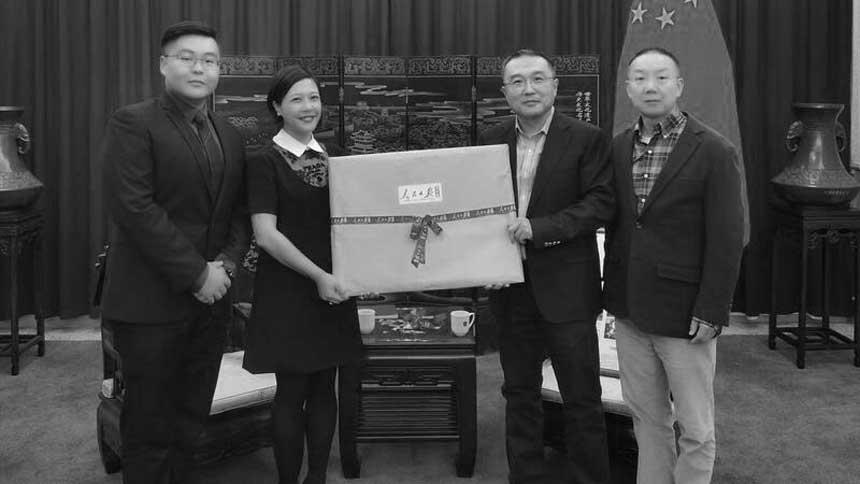Two overseas agents from the Chinese Communist Party (CCP)’s state media have been revealed as two of the top donors of New Zealand’s major opposition party, and the country is lacking proper laws to make it illegal.
The New Zealand Electoral Commission’s donation records—released in late April—reveal that the National Party’s 2022 donors include three high-level CCP influencers, including two media operatives with close ties to the CCP.




